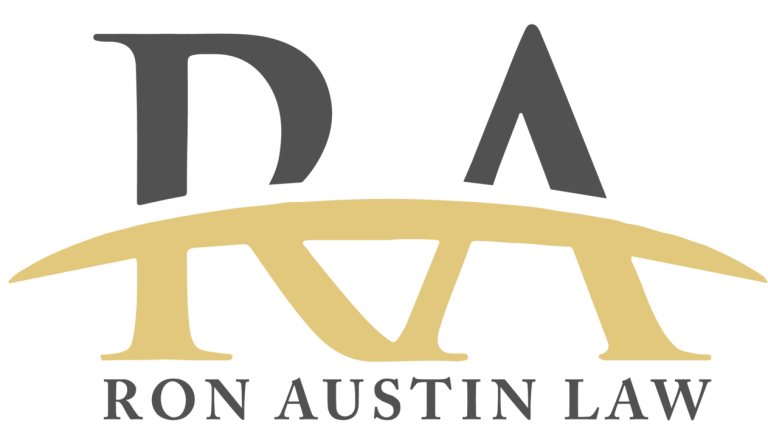The insulin pricing litigation concerns an alleged scheme between insulin manufacturers and pharmacy benefit managers (“PBMs”) to artificially and fraudulently inflate the price of insulin and other diabetes medications. The principal players in the alleged scheme are insulin manufacturers Eli Lilly and Company, Novo Nordisk, Inc., and Sanofi-Aventis U.S., LLC, and three PBMs – CVS Caremark, Express Scripts, Optum Rx, and their various corporate affiliates. The central factual allegations in support of the alleged insulin pricing scheme are the same in all actions: the insulin manufacturers negotiate with and pay secret rebates to PBMs to ensure preferential treatment of their insulin and diabetes medications on covered drug lists known as formularies, they arbitrarily raise the list prices for the products to cover these payments, and, as a result, the published list price of the drugs are fraudulent, in contrast to reflecting legitimate market forces.
From 2017 to 2021, the litigation over these issues was concentrated largely in the District of New Jersey: 1) In re Insulin Pricing Litig., No. 17-00699 (D.N.J.) (“Indirect Purchaser Consumer Action”); 2) MSP Recovery Claims, Series, LLC v. Sanofi Aventis U.S. LLC, No. 18-02211 (D.N.J.); 3) Minnesota v. Sanofi-Aventis U.S. LLC, No. 18-14999 (D.N.J.); and 4) In re Direct Purchaser Insulin Pricing Litig., No. 20-3426 (D.N.J.), (together, “the New Jersey Insulin Pricing Actions”).
In the last two years, federal civil actions involving the alleged insulin pricing scheme were filed by state and local government plaintiffs in a number of districts. The governmental plaintiffs assert claims for unjust enrichment and violation of the state plaintiffs’ respective state consumer protection statutes. Most also assert a claim for civil conspiracy. None assert antitrust claims.
These were consolidated into a multidistrict litigation (MDL) pending in the District of New Jersey. The Insulin Price-Fixing MDL (No. 3080) has been assigned to the Honorable Brian R. Martinotti, who also presides over the New Jersey Insulin Pricing Actions. Related private actions concerning the alleged insulin pricing scheme will also be included in the MDL through the conditional transfer order process. The potential tag-along actions by private entities assert violation of the Racketeer Influenced and Corrupt Organizations Act and state antitrust law in addition to claims for unjust enrichment, civil conspiracy, and violation of state consumer protection laws.
The structure for the MDL has not yet been established. Filings indicate there will be separate tracks for State Attorney Generals, Third-Party Payors, Self-Funded Payers, and Direct Purchaser Plaintiffs. The Court has not yet determined whether the New Jersey Insulin Pricing Actions will be formally included in the MDL given the advanced posture of those actions.
Several non-governmental-entity cases have been transferred into the MDL with the number expected to grow rapidly. These are class actions filed on behalf of Union health benefit providers who allege the pricing scheme harms health plans that must reimburse pharmacies for their plan members’ insulin purchases at a set rate tethered to the list price that the defendants hike in unison, thereby forcing the financial consequences of the competitive insulin market onto the very parties that should benefit from it – the plans and the patients.
We are continuing to monitor the developments in this MDL and would be happy to meet with you to explore the possibility of representing your organization in this litigation.
Frequently Asked Questions
What is insulin overpricing?
Insulin overpricing refers to the practice of charging excessively high prices for insulin, making it unaffordable for those who need it to manage diabetes.
Can I sue insulin manufacturers?
Yes, you can sue insulin manufacturers if you believe their pricing practices have resulted in harm or financial losses. Legal action is a means to hold them accountable for pricing practices.
What are the potential damages in these cases?
Potential damages may include compensation for medical expenses, lost wages, pain and suffering, and other financial losses incurred due to high insulin costs.
How do I know if I have a case?
Consult with an attorney experienced in insulin-overpricing cases to assess the merits of your specific situation. They can evaluate factors like financial losses, health impacts, and the manufacturer's pricing practices.
How long does a typical insulin overpricing case take?
The duration of a case can vary, but it may take several months to years, depending on factors like the complexity of the case, legal processes, and court proceedings.
What are the legal costs involved?
Legal costs may vary, but many attorneys offer consultations and work on a contingency fee basis, meaning they only get paid if you win the case.
What evidence is needed for a strong case?
Strong evidence may include proof of financial losses, health consequences, and evidence showing insulin manufacturers engaged in overpricing practices.
How do you determine if I have a valid case?
A legal professional can assess the strength of your case by reviewing your specific circumstances, evidence, and the relevant laws and precedents.
How can I get started with a lawsuit?
Consult with an attorney experienced in insulin-overpricing cases to assess the merits of your specific situation. They can evaluate factors like financial losses, health impacts, and the manufacturer's pricing practices.
